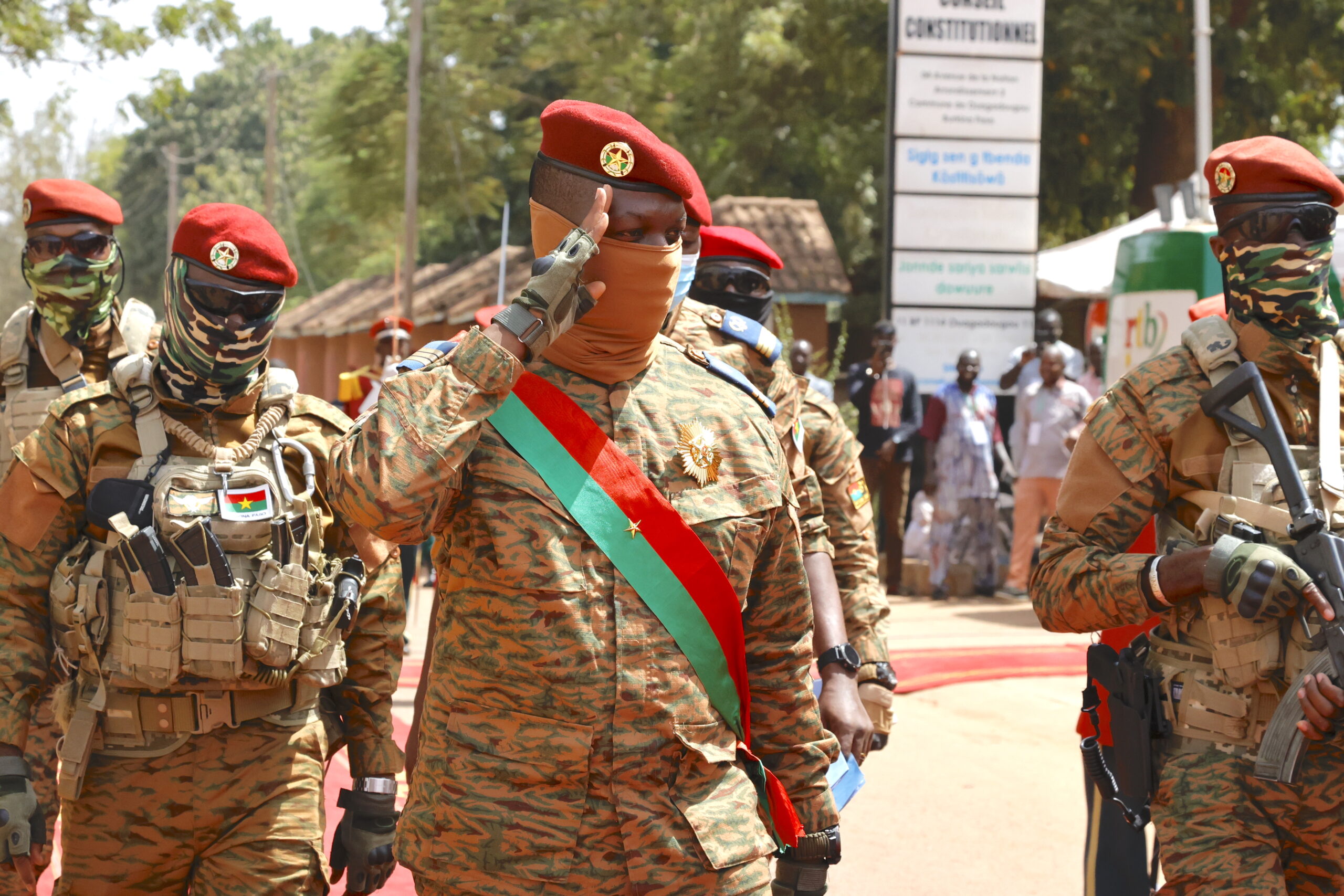
The nations of Niger, Mali, and Burkina Faso, currently under military rule following recent coups, have firmly decided against rejoining the West African regional bloc. This move risks further complicating efforts to combat escalating violence in the area.
In their inaugural summit in Niamey, Niger’s capital, the military leaders of these countries reaffirmed their withdrawal from the Economic Community of West African States (ECOWAS), effective since January. They criticized ECOWAS for what they perceive as a failure to fulfill its obligations and expressed their commitment to strengthening their own union, the Alliance of Sahel States (AES), established last year amidst strained relations with neighboring nations.
General Abdourahmane Tchiani of Niger asserted that ECOWAS, established nearly half a century ago, now poses a threat to their sovereignty. He emphasized their intention to establish an AES that serves the interests of African nations, free from external influence.
The summit, held just ahead of an ECOWAS meeting in Nigeria, underscores the deep divisions within the regional bloc. Analysts observe that the withdrawal of these three countries marks an unprecedented challenge to ECOWAS, which previously acted as the primary political authority for its 15 member states.
During the summit, agreements were reached on security measures, non-aggression pacts, and cooperation in economic, monetary, and social sectors. Presidents Assimi Goita of Mali, Ibrahim Traore of Burkina Faso, and Abdourahmane Tchiani of Niger signed these accords, signaling their commitment to regional stability under the AES framework.
Mali will assume the rotating presidency of AES for the next year, while Burkina Faso will host the organization’s parliamentary summit, demonstrating their determination to consolidate their regional alliance amidst broader geopolitical shifts.
